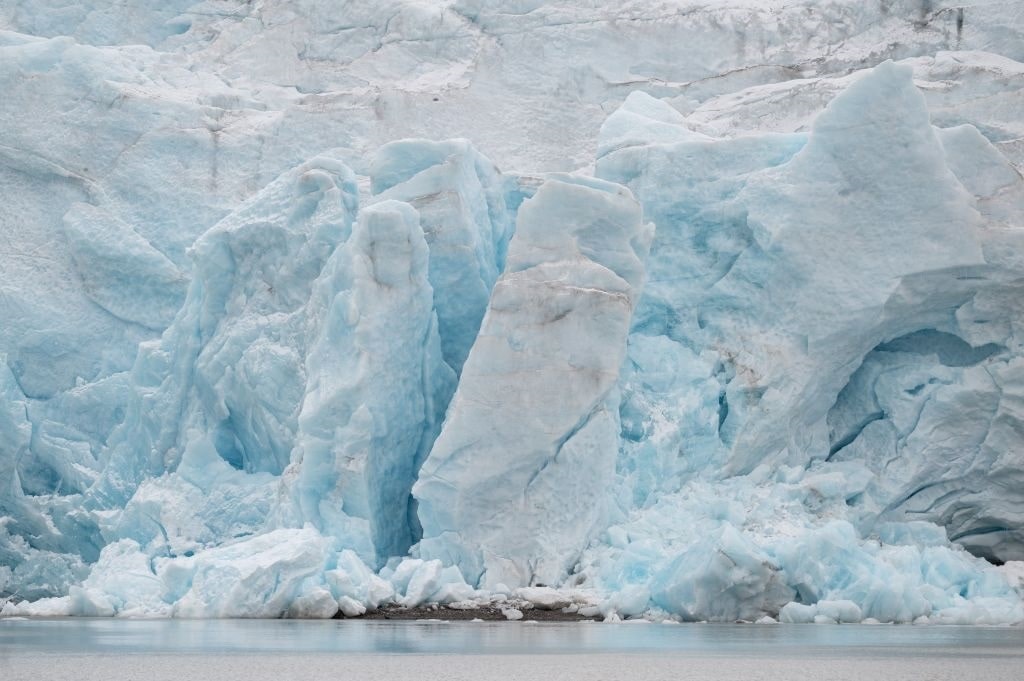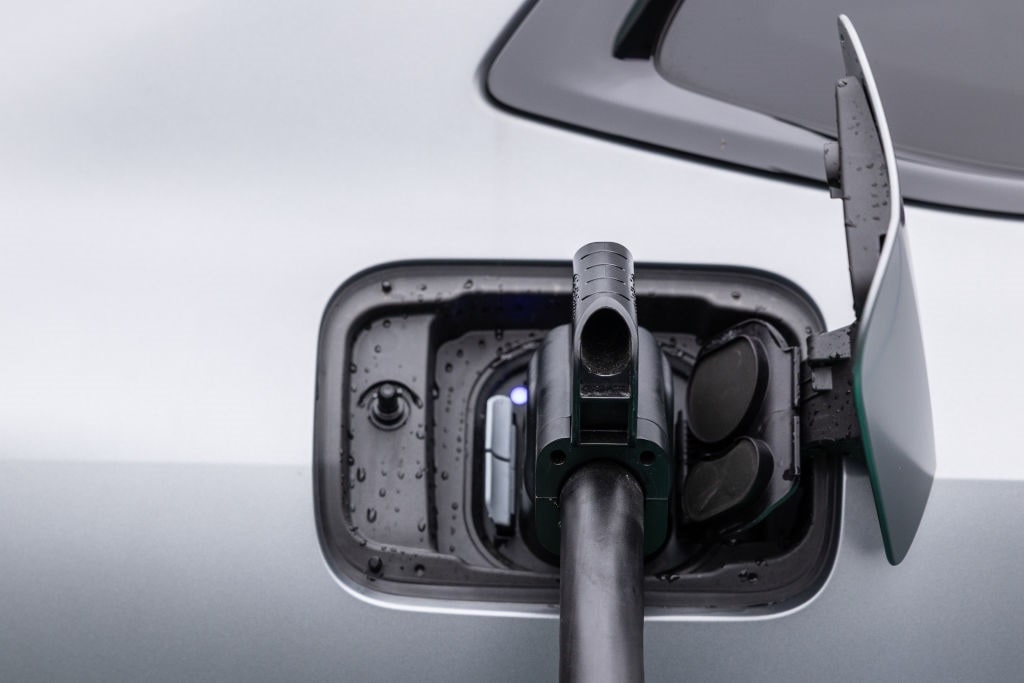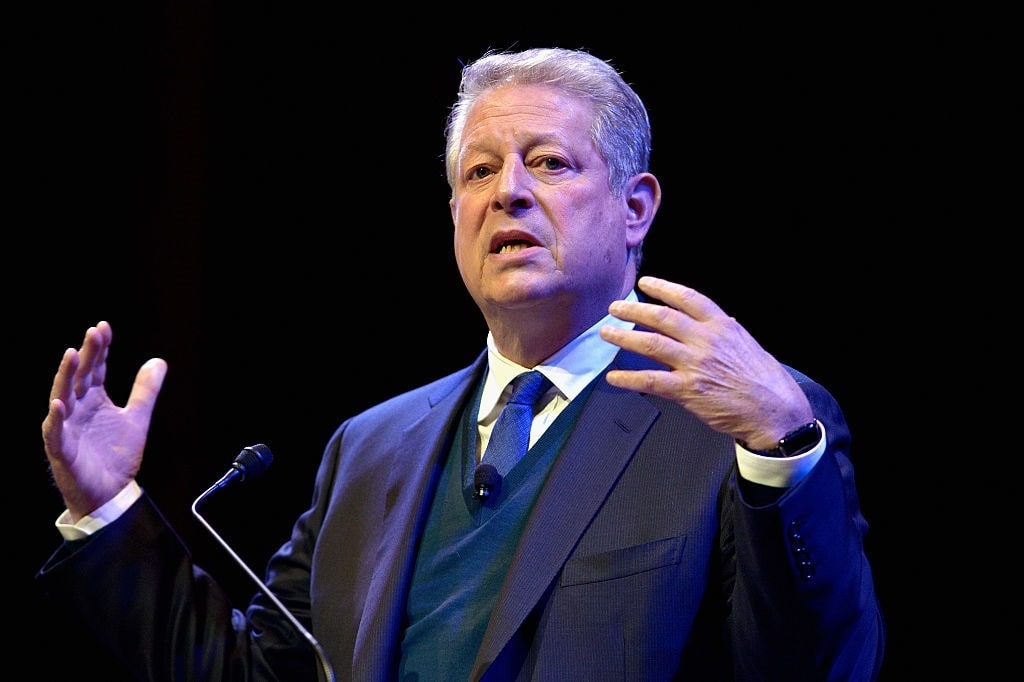Al Gore famously launched the climate-carbon crisis campaign with his alarmist proclamations of “inconvenient truths” about human warming of the planet. His repeated gaffes have since undermined his credibility, making “the boy who cried climate wolf” howl ever louder, most recently against the latest global climate summit. Gore says COP28, which ended this week was “on the verge of complete failure” because of conflicts of interest of “petrostates” that have not agreed to ban all fossil fuels. But other conflicts go unmentioned.
Climate-Binary Gore
Gore employed divisive “us versus them” language to coerce adherence to his demands, portraying all people as either saviors or enemies:
“There are 24 hours left to show whose side the world is on: the side that wants to protect humanity’s future by kickstarting the orderly phase out of fossil fuels or the side of the petrostates and the leaders of the oil and gas companies that are fueling the historic climate catastrophe. In order to prevent COP28 from being the most embarrassing and dismal failure in 28 years of international climate negotiations, the final text must include clear language on phasing out fossil fuels. Anything else is a massive step backwards from where the world needs to be.”

(Photo by Sebastian Kahnert/picture alliance via Getty Images)
This sounds more like a unilateral demand by an un-elected ideologue than a reasoned appeal. For Gore, this “sky is falling” heated rhetoric is old wine in new bottles. He claimed in 2009 that there was a 75% chance that Arctic ice would be gone within five to seven years, which Politico fact-checked to conclude that Gore “misrepresented the details of the research.” In his 2006 documentary “An Inconvenient Truth,” he claimed global sea levels could rise 20 feet “in the near future”: Sea levels rose less than four inches between 1993 and 2021 (it would take an estimated 1,136 years at that rate to rise 20 feet). The former vice president also seems to have conveniently forgotten his 2006 assertion that unless “drastic measures” were implemented by 2016, there would be “no solving” climate change.
It is not surprising to see un-elected officials elbowing one another for the exalted position of world climate czar, but Gore’s bluster against a climate summit in the oil-producing Arabian desert raises some critical points for consideration – though perhaps not as he intends. One of Gore’s more challenging declarations was directed explicitly at UAE Sultan Ahmed al Jaber:
“[H]e’s charged by his sovereign … and the company that he heads, with a massive expansion of fossil fuels. They have got a plan to expand production of both oil and gas by an enormous amount, starting the minute the gavel bangs to end this conference.
“And that’s a direct conflict of interest. And it’s not a nitpicking thing to point that out. The people of our world deserve to have some confidence that this process has integrity. And we have been seeing the fossil fuel polluters try to manipulate this process for a long time, and the world’s running out of patience, because this is so serious now.”
Gore unintentionally raises two very important questions for the people of the world he claims to represent: conflicts of interest with China and with renewable energy manufacturers.
China and the UAE

(Photo by Emanuele Cremaschi/Getty Images)
The charge leveled by Gore against an oil magnate sultan invites a tangential question about China. How is the “world” looking to this summit to transform the climate when signatory China constructs hundreds of coal-fired power plants and manufactures the bulk of the world’s materials for solar panels and EV cars? Demanding commitments to eliminate all fossil fuels is folly when those fuels are necessary to construct the climate rescue mission. If “petrostates” are to be vilified for pumping the oil used to manufacture EVs, solar panels, and a bevy of US-consumed products, isn’t China a presumed offender for its use of coal?
It could be that, in the interests of at least feigning a democratic process, the globalist organizers of COP28 deemed it wise to include oil-producing and coal-burning nations (without whose cooperation all hope is lost) at the table. Persuading these nations to commit their resources to combat climate change necessarily involves both their consent and their resources.
Renewable Energy Pollution
Gore raises another conflict of interest that quite rightly should be addressed: Renewable energy manufacturers and food conglomerates have “tried to manipulate this process for a long time,” swaying governments to pour astronomical sums into technologies that pollute the planet every bit as much as those “conflicted” oil magnates. Burning Chinese coal to make silicon for solar arrays and smelt aluminum for EVs, the monied interests that once controlled the oil industry are now “stakeholders” in the renewable energy manufacturing gold rush.
Gore merits credit for challenging the odd bedfellows of UAE oil interests and global climate warriors. More integrity would be displayed by challenging the odd connection of Chinese coal plants to silicon production, or solar panel (and EV) manufacturers to the low-income taxpayers who finance their production. These are inconvenient truths to self-anointed town criers like Gore.




